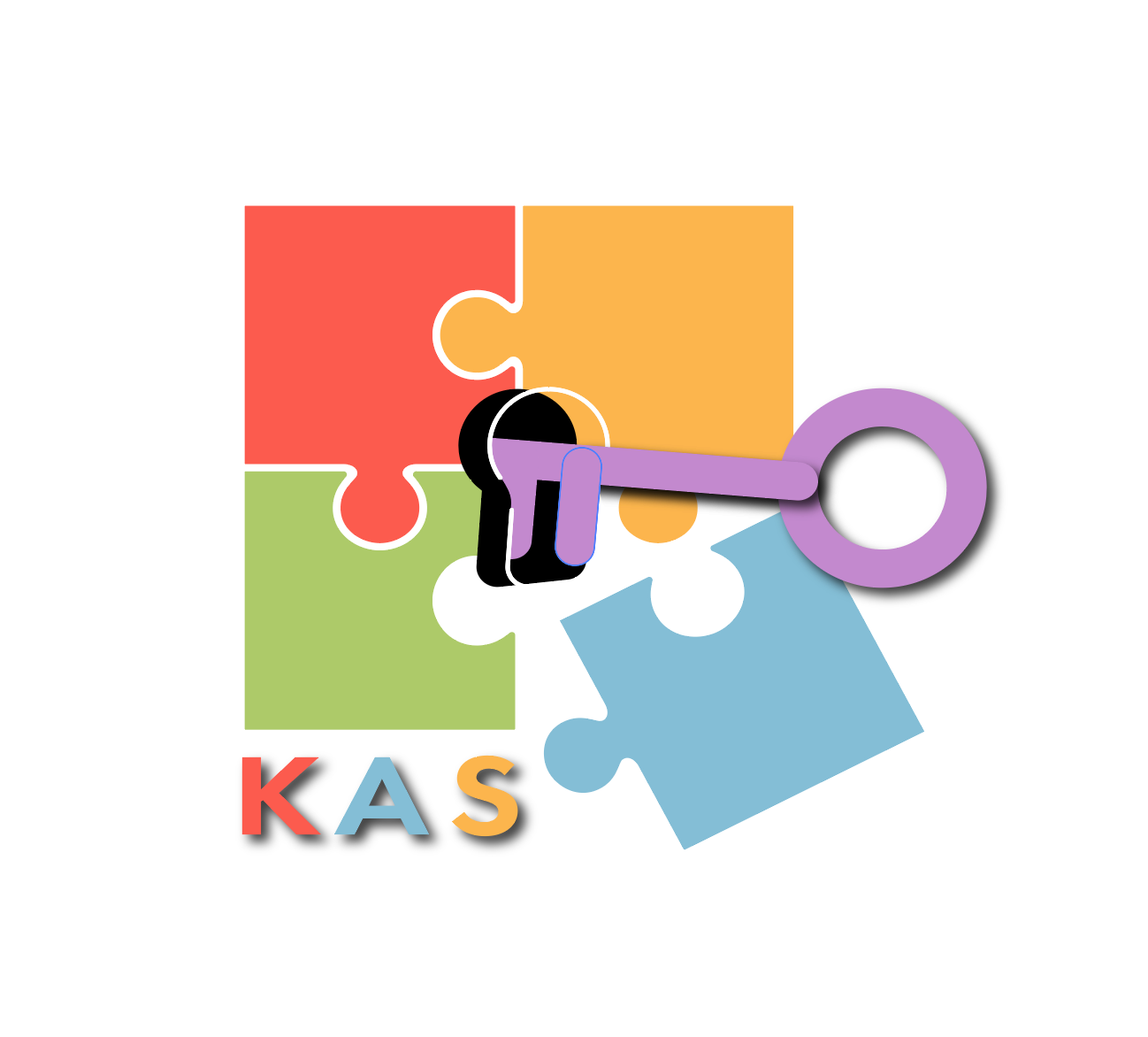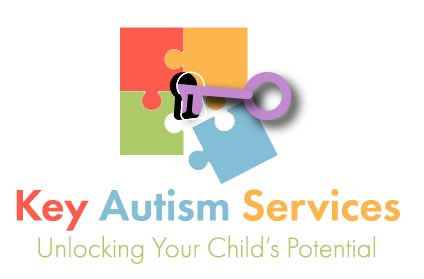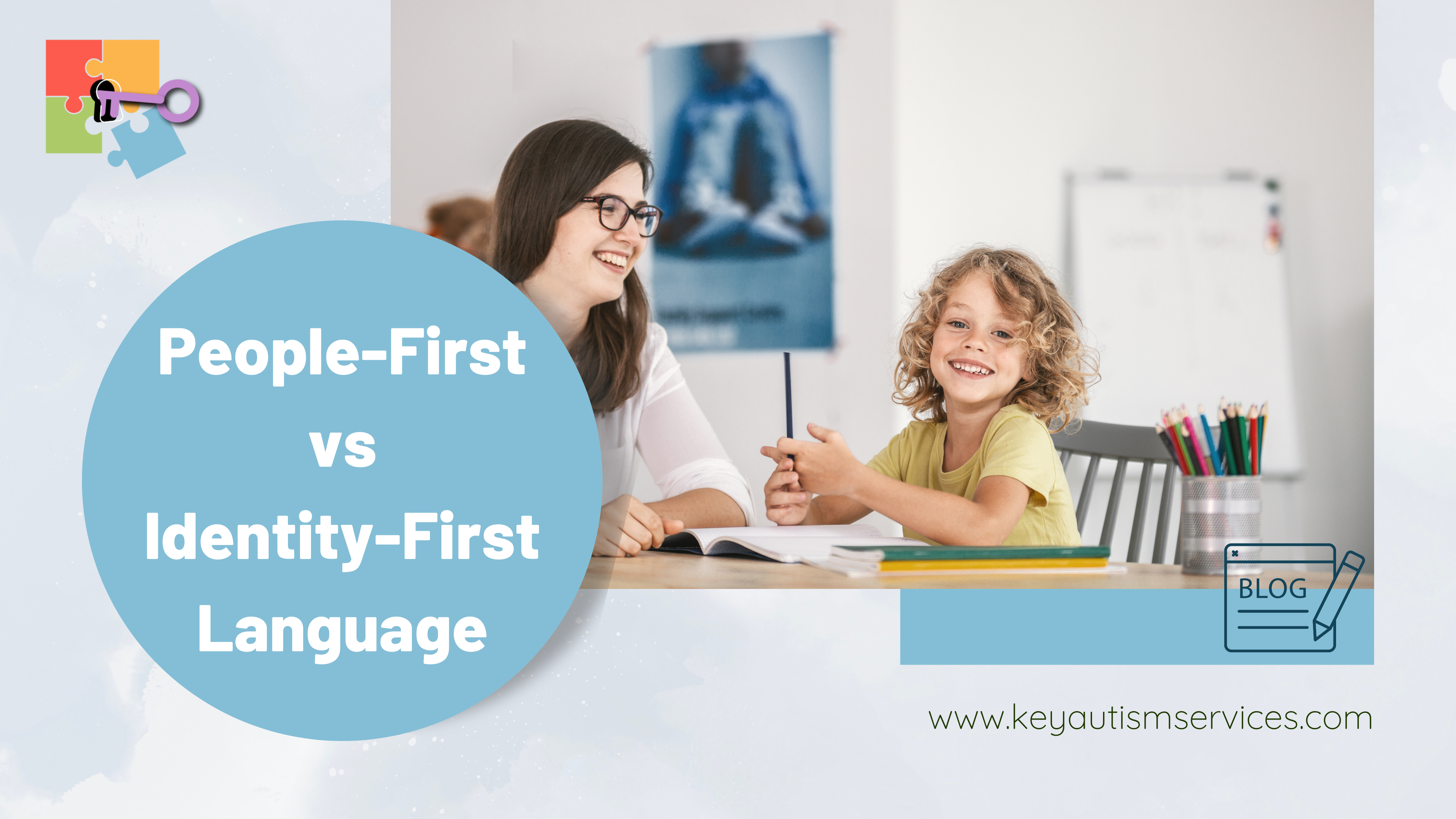How Talking About Autism has Changed
The way we talk about autism has changed a lot in recent years. There is now a greater understanding of the condition and the people who live with it. This has led to a shift in the language that is used to talk about autism. People-first language is a way of talking about people that emphasizes their individuality. It is about the person first and the condition second. For example, ‘a person with autism’. This type of language is seen as more respectful and less dehumanizing. Some people say “I am an Autistic person” or others prefer to be referred to as “A person with Autism”. Which is correct? What terms are acceptable to society? This is the discussion and debate that has continued for many years.
Identity first language focuses on someone’s condition
Identity-first language is when the condition is mentioned first and the person second. For example, ‘an autistic person.’ This type of language is seen as more accurate and empowering. It recognizes that autism is a significant part of a person’s identity. The debate over which type of language is more appropriate is ongoing. However, what is clear is that the language we use to talk about autism should be respectful and inclusive. So, what’s the difference and why does it matter? Keep reading to find out!
Person First Vs. Identity First
When considering both these “identifiers,” let us further look at the Person-first versus Identity-First ideologies: When a person says, “I am an Autistic individual”, a sense of pride, ownership, oneness, and a basic right to declare oneself can be felt. This is the same as declaring oneself as “I am a feminist” or “I am an American” (or from any country). Does anyone shun this declaration or dare to contest it? It comes down to the basic rights of the person. Those who prefer being referred to in this way accept that is who they are, and that autism is permanent and an integral part of themselves. Is this the positive vibe one needs? Is this a reflection of permanent status and a confession to create some sort of empathy and perhaps sympathy?
When a person is referred to as “That person has autism” or when a parent is talking about his/her child by saying “you are talking about my child with autism”, it exudes a separation of individualities, a sense of respect, and understanding. One of those individualities is that the son is a person first and foremost. The second individuality is that the child has a condition that defines but does not consume his status in the space we are in. This splits the two, the person and the disorder. There is a softness yet defensiveness for the person as an individual. The argument with this however is that when one is referred to in this way, does it confuse the average person by making them think it is a temporary status? Does it reflect some degree of negativity to the disorder itself?
Helpful Strategies to figure out what language is best to use
A helpful strategy to address this is to ask the person which they prefer. Some individuals may not want their diagnosis discussed at all for a variety of reasons. Each individual we encounter is unique and will have their preference in terms of person-first vs. identify-first language. Asking the person puts the power in their hands to inform us of their preference. It is their personal choice of how they want to be addressed.
Another possible strategy would be to consider the context and make references based on social appropriateness. For example, The term “Autistic person” could perhaps be used when making a power statement of that individual with named talents to sound bold rather than adding the “with Autism” reference, which then makes that individual seem separated from their skills (Meet “The Autistic child with amazing math skills” versus Meet “The child with amazing math skills and autism”). Get that person’s approval first! It could however be more polite and appropriate to say “My client has autism” when in a group of stakeholders that are engaging in a person-centered planning session.
Key Autism Services is an excellent resource for help
The bottom line is that this is a personal choice, and everyone will have a different opinion. Think about the person and the perceptions that they have about themselves. Reflection is essential to help us be more respectful and accepting of all. For more information or guidance, visit Key Autism Services to learn more.


